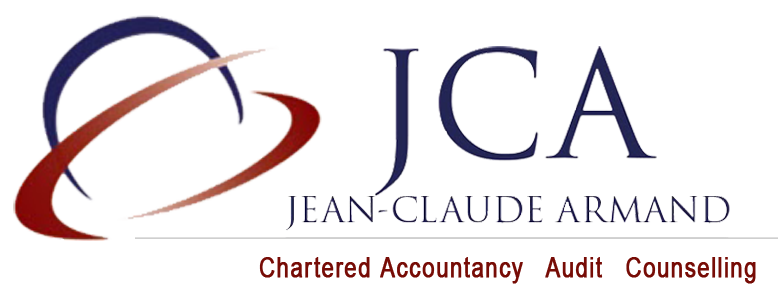Subsidiary and JEI: is it possible?
Can a subsidiary of a foreign group benefit from the JEI (Jeune Enterprise Innovante – in French, Young Innovative Company) scheme? Yes, under certain conditions.
Subsidiaries and JEI – conditions linked to the genuinely new nature of the business.
Yes, provided that the subsidiary is independent and carries out a genuinely new activity (see above). Whether a subsidiary is new is a question of fact. But in any case, the subsidiary must not be economically dependent on its parent company to qualify for Young Innovative Company status.
And to the quality of the owners of the parent company.
The subsidiary must be directly or indirectly 50% owned by natural persons. By indirectly, we mean a single level of intermediation. In other words, the subsidiary of a parent company can obtain the JEI. On the other hand, the subsidiary of a grandparent company cannot. Investment funds are equated to natural persons if they are at arm’s length from the companies they own. In other words, they have to be operationally independent of these companies.
Subsidiaries and start-ups: assessment of SME status in the Community sense.
To verify SME status in the EU sense, the parent company must aggregate its balance sheet, sales and workforce totals with those of its subsidiaries and sub-subsidiaries, according to the following criteria: below 25% shareholding, no aggregation; between 25% and 50%, proportional aggregation; above 50%, 100% aggregation. Example: if company M owns 42% of A, 58% of B and 15% of C, the aggregation of sales, balance sheet, income statement and workforce will be 100% M, 42% A, 100% B.
Concrete cases where subsidiary and JEI (Young Innovative Company) are possible
The JEI could therefore apply to a subsidiary created by a parent company, which does not carry out any R&D activities, and which decides to house these in its subsidiary. It makes no difference whether the parent company is located in France or abroad.



